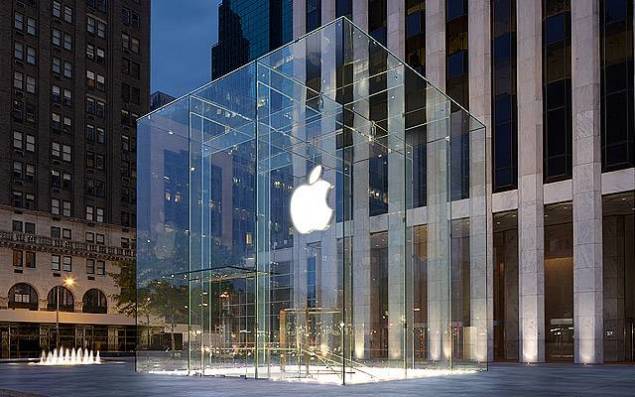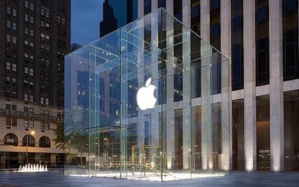In what would be considered a win for the U.S. Justice Department, a federal appeals court upholds a judge’s ruling, which stated that Apple Inc. (AAPL.O) “had conspired” to inflate e-book prices along with other 5 associate publishers.
The 2nd U.S Circuit Court of Appeals, ruled by the voting ratio of 2-1 in an agreement that the conspiracy had “violated federal antitrust law”, whereby the judge did right to impose an “injunction” which would prevent a recurrence of such an incidence.
The said ruling over by the federal would compel Apple to pay settlements of over $450 million on account of a “class action with 33 state attorneys general and lawyers”, unless Apple files another appeal, which the company has to win. The settlement was centre to uphold the civil liability of the Apple Company.
After this judgement, Apple Inc. released a statement stating no wrongdoing was done on their part, and also stated that:
The 2nd U.S Circuit Court of Appeals, ruled by the voting ratio of 2-1 in an agreement that the conspiracy had “violated federal antitrust law”, whereby the judge did right to impose an “injunction” which would prevent a recurrence of such an incidence.
The said ruling over by the federal would compel Apple to pay settlements of over $450 million on account of a “class action with 33 state attorneys general and lawyers”, unless Apple files another appeal, which the company has to win. The settlement was centre to uphold the civil liability of the Apple Company.
After this judgement, Apple Inc. released a statement stating no wrongdoing was done on their part, and also stated that:
"While we want to put this behind us, the case is about principles and values".
Circuit Judge Debra Ann Livingston wrote that Apple's actions translated into "unreasonably restrained trade”, whereby the Apple’s argument of acting “independently” with an individual business interests was rejected. Furthermore, Livingston wrote:
“The district court did not err in concluding that Apple was more than an innocent bystander.”
Bill Baer, Assistant Attorney General, took the ruling in his good strides. He stated that this decision puts a strong affirmation on the action that it is “unlawful for any company” to involve itself, in a “price-fixing conspiracy”, no matter what their role or reason for involvement is.
The appeal is a reflection of a decision that was taken by the U.S. District Judge, Denise Cote, in Manhattan on July 2013, which mentions Apple’s “central role” in the conspiracy with publishers in order to remain number one in the competitive market of retail prices, whereby ultimately raising prices of e-books.
According to the Justice Department this scheme price listed some e-books in a higher rate of “$12.99 or $14.99” instead of “$9.99”, the latter which was being charged by Amazon.com Inc (AMZN.O). Moreover, the Justice Department was revealed that CBS Corp's Simon & Schuster Inc, News Corp's HarperCollins Publishers LLC, Lagardere SCA's Hachette Book Group Inc, Verlagsgruppe Georg von Holtzbrinck GmbH's Macmillan and Penguin Group Inc, were the publishers who involved in the said conspiracy with Apple Inc.
The Boston University School of Law’s professor, Keith Hylton mentioned that the said ruling approved an “expansive” legal view, which held Apple Inc. liable for its actions “under a less-stringent standard than it advocated”, whereby he said:
“The DOJ could feel emboldened in pursuing those cases with this theory of conspiracy.”
Contrary to the ruling, U.S. Circuit Judge Dennis Jacobs said that he would have overturned Cote’s 2013 ruling. He expressed that he found Apple’s practices to be “pro-competitive” which takes on Amazon, exercising a monopoly on about 90% of the market. Jacob states:
"Apple took steps to compete with a monopolist and open the market to more entrants, generating only minor competitive restraints in the process.”
However, Livingstone opposed Jacobs’ theory on that grounds that it:
“...endorses a concept of marketplace vigilantism that is wholly foreign to the antitrust laws.”






